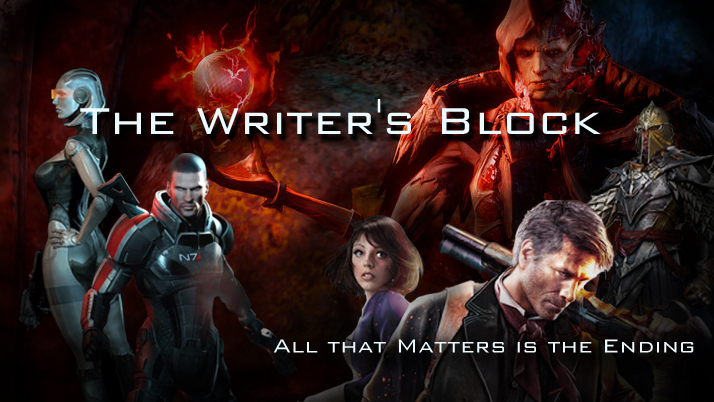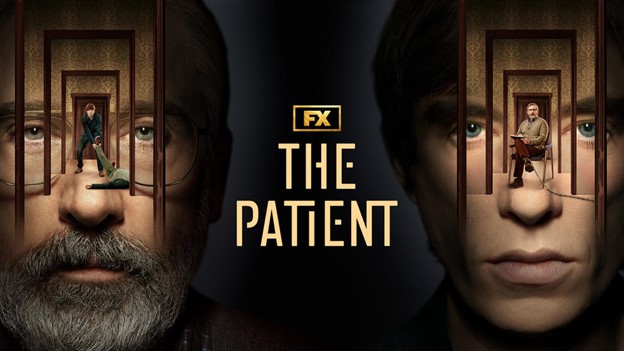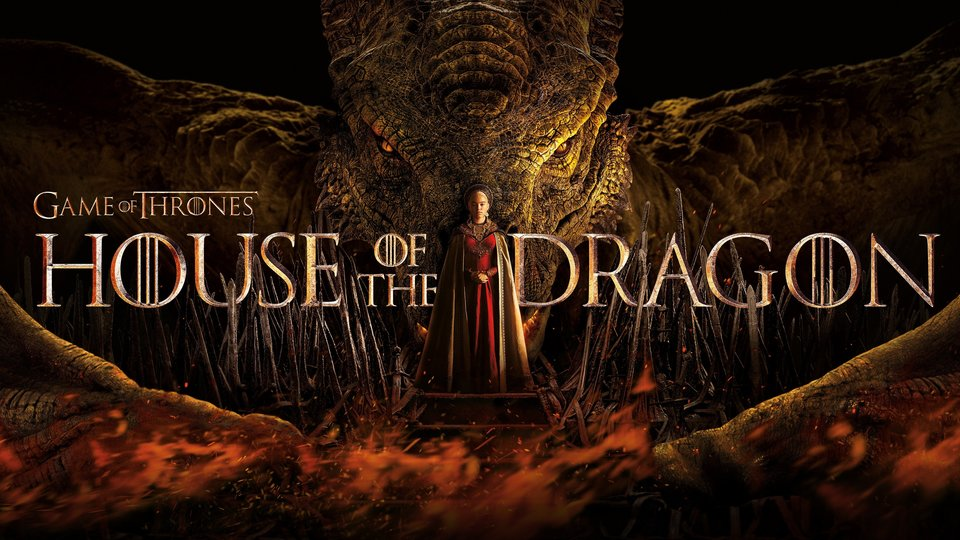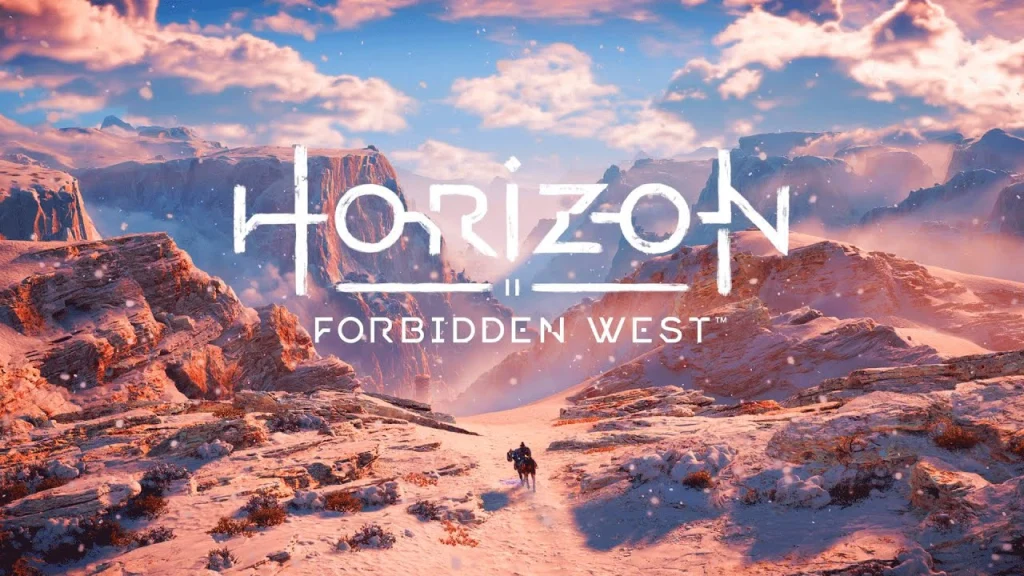Hellblade: Senua’s Sacrifice is a beautiful story and without a doubt my game of the year. It’s a brutal and visceral journey, filled to the brim with disturbing imagery, and yet it is a game filled with compassion and understanding for those who suffer mental illness. The main character, Senua, suffers from from a mental illness that manifests in delusions and both audial and visual hallucinations. Yet you don’t need to suffer from any of those to empathize with Senua’s struggle, or to feel that the game is empathizing with you.
As many of my readers know, I suffer from depression and have since I was a child. Fortunately, depression isn’t one of those mental disorders that includes hallucinations or hearing voices. Yet Hellblade: Senua’s Sacrifice never made me feel as if it were trivializing my own struggles. It doesn’t make the mistake of saying “here’s how bad it could be so be grateful.” It approaches its story of mental health, love, and loss from a place of profound understanding.
Hellblade: Senua’s Sacrifice reaches out a hand to all of us who suffer from mental illness to offer, as one character says:
A little help; a little hope.
If you’ve ever struggled with a mental illness, Ninja Theory’s masterpiece is here to salute you… to salute us: the warriors who fight and struggle against the darkness every day. Hellblade reminds us that, even on those days when we find ourselves lost amidst the darkness, that we’re never truly alone.
Hellblade: Senua’s Sacrifice is one of the finest video games ever made and ranks up there with Planescape: Torment and Spec Ops: The Line. It tells a story about mental health just as poignantly as Pixar’s Inside Out. It’s also incredibly cheap at only $30.00, I would gladly have paid $60.00 for this experience. I wholeheartedly recommend everybody play it.
(I tried to keep spoilers to an absolute minimum in the following article. That said there might be a few minor spoilers ahead, so reader beware.)
Hellblade: Senua’s Sacrifice
An Intimate Look at Mental Illness

Hellblade: Senua’s Sacrifice is one of those rare gems that truly showcases the kind of storytelling video games are capable of. If this had been a movie, I’m not sure it would have had the same impact. Hellblade tells the story of Senua, a young Celtic (possibly Pictish) warrior who has undertaken a journey to the Norse underworld to reclaim her lover’s soul. Yet Senua is no ordinary warrior, she hears voices in her head constantly that she believes are spirits of the underworld, but that the game makes clear are simply manifestations of Senua’s mental illness. The game’s introduction told me to wear headphones and I’m so glad I chose to follow that instruction because it truly makes the game something special.
I could hear the voices with such clarity, an unrelenting chorus of voices that would only quiet with great effort on Senua’s part and even then they are brief respites. At first I found it overwhelming; at one point I even fell to my death when, so focused on the voices, I didn’t even notice Senua losing her balance on a wooden beam. Each voice had its own distinct personality, some would mock me, others would beg me to turn back, while others still would offer comfort and aid during battle. The first time I heard a voice call out “Behind you!” I smiled, coming to realize that the no matter how hostile some of the voices were, they were just as dedicated as I was to staying alive.
Yet the most surprising voice of all… was my voice. I had become a member of that chorus of voices in Senua’s head, urging her forward, cheering her on, and whispering comfort to her when the darkness crept in. One of the most frequent things I found myself saying was “it’s not real.” Yet Hellblade showed me how hollow those words are. None of it is real to me, but that doesn’t matter, because it’s real to her.
It’s all in Senua’s mind…but our mind is how we perceive reality. Senua’s mind conjures up demons to destroy and gods to battle. My mind is constantly filled with thoughts of how worthless I am, how creepy and ugly I look, and why I’m a terrible writer. Yet telling myself those thoughts aren’t real, that they’re the result of a chemical imbalance, doesn’t help. Perhaps I should take a page from Senua’s book, and instead face it head on by telling myself I’m a damn handsome man with a gift for writing.

The enemies Senua faces in this game aren’t real. In fact there is only one real enemy: herself. Senua’s journey is a battle to reclaim her identity that’s become so wrapped up in pain and grief that she can no longer find herself. Yet that doesn’t mean I didn’t fight enemies in the game. The game is filled with wights, or undead, or demons. Whatever you call them, they haunt her steps and seek to turn her back from her quest to find her lovers’ soul. Yet I cut my way through them in what are hands-down the most cathartic battles I’ve ever fought.
Plenty of games have much better combat mechanics, cooler looking finishing moves, and gorier graphics. Yet none of them felt so satisfying as the fights in Hellblade: Senua’s Sacrifice. I can’t tell you the number of times I’ve wished my depression were a physical entity that I could attack. Hellblade gave me that opportunity.
The enemies that populate the game are manifestations of Senua’s doubts and fears. Watching Senua plunge her sword into the heart of her doubts felt rejuvenating. Watching Senua get beaten to the ground by bigger, stronger opponents, only to rise again was inspiring. Slashing to ribbons everything that dared hold Senua back from her quest… felt as if I were slashing my own obstacles to ribbons as well.
The hardest battles are fought in the mind.
It’s wonderful that Ninja Theory has come along to remind us all that our victories there are no less glorious just because they are unseen.
Yet none of these battles would have meant a thing were it not for the masterful characterization of Senua herself.

Senua is a mysterious character, and I learned about her one fractured memory at a time as the game progressed, yet I immediately related to her. Not just because of the voices that were already whispering in my mind as she paddled her improvised boat down a river lined with corpses; but because of what she did the moment she came ashore. She looked back at her boat.
It’s not too late, she can still leave!
Turn back!
The voices whispered in my mind, and hers. For a moment I thought she might do just that, but then she kicks the boat away and watches it float out of reach. She can’t leave herself a way out because she’s afraid she might take it. I’ve found myself in similar situations, obviously not visiting the land of the dead, but where if I left myself an out, I almost invariably took it. I knew Senua’s heart at that moment. I knew that despite the fact I’m a fatass writer and she a badass Celtic warrior, that we were very much alike.
We are afraid.
Not of the situation, or the enemies we face, but of ourselves. Afraid of the darkness inside us that seems so overwhelming, so destructive, that we fear it will destroy everything around us. To destroy those we love.

Yet that is the most insidious lie that mental illness tells us. It encourages us to isolate ourselves to protect others from the demons that haunt us. Senua has spent most of her life isolating herself, at first forced upon her by the people that should have been loved and helped her. Later, convinced she was cursed, she isolated herself. She ventured out into the forest alone to defeat her darkness, yet she was doomed to fail, because she was fighting it on its home ground.
Darkness thrives in loneliness, pain is amplified in isolation, and fear becomes overwhelming when you face it alone. That’s why our illnesses, our darkness, our demons, lie and tell us to isolate ourselves: because they know they are at their weakest when surrounded by the light of people who love us. Even those are no longer alive can light our way through darkness. It’s in the moments driving home this message that Hellblade: Senua’s Sacrifice shines as a beautiful storytelling achievement.
Hellblade tells a beautiful story, but it’s the motive behind that story that is perhaps even more beautiful. This is a game created not just to entertain, but to help. Through Senua’s story, Ninja Theory reaches out to all of us that struggle with our darkness, and asks us not to face it alone. To reach out to whoever brings light to your world, to reach out to anyone, because none of us are alone in this. No matter how much the darkness tells us to turn back from those who would help us, to hide ourselves away, we have to reach out.
The hardest battles are fought in the mind and after every victory there is another battle to be fought. Ninja Theory’s Hellblade: Senua’s Sacrifice shows us the warrior inside all of us that fights the darkness everyday. It encourages us to bask in the glory of our victories, even if that just means getting up in the morning. Hellblade tells us:
We are seen. We are heard. We are understood.

From me, a lifelong sufferer of depression who battles the darkness everyday… thank you, Ninja Theory.







Leave a comment